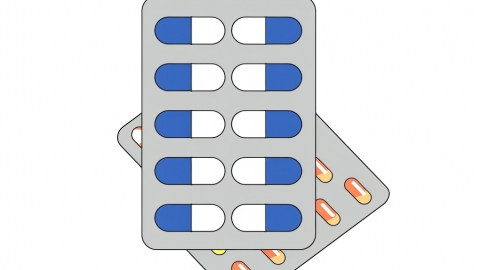Can I take antiallergic medication while taking Ganmaoling?
Ganmaoling is commonly available in forms such as granules and tablets. It is generally not recommended to take antiallergic medications simultaneously when taking Ganmaoling. Before taking the medication, patients should consult professional doctors or pharmacists and follow medical instructions for drug use. Detailed analysis is as follows:

Ganmaoling is a compound preparation commonly used to treat symptoms of colds, such as fever, headache, nasal congestion, and runny nose. Its components may include antipyretic analgesics, antiallergic drugs, and other auxiliary ingredients. Antiallergic drugs are primarily used to treat allergic reactions, such as rashes, itching, and hives. If Ganmaoling already contains antiallergic components, taking additional antiallergic drugs may lead to overlapping medication ingredients. This could increase the risk of adverse drug reactions, such as drowsiness, dizziness, and fatigue.
Taking two medications containing antiallergic components simultaneously may enhance the pharmacological effects, but this does not necessarily mean better therapeutic outcomes. Drug metabolism and excretion in the body mainly rely on the liver and kidneys. Taking multiple medications concurrently may increase the burden on the liver and kidneys, thereby increasing the risk of liver and kidney damage.
During the period of taking Ganmaoling, if it is necessary to take antiallergic drugs, patients should first consult professional doctors or pharmacists. During medication, patients should closely monitor for any adverse reactions, such as drowsiness, dizziness, fatigue, or rashes.








